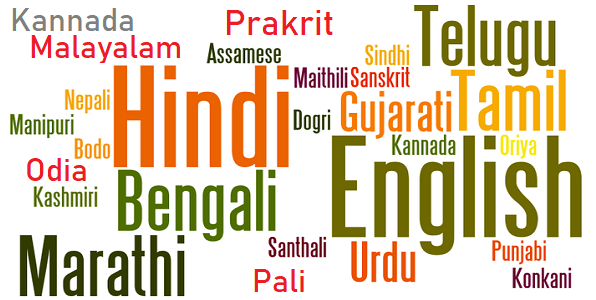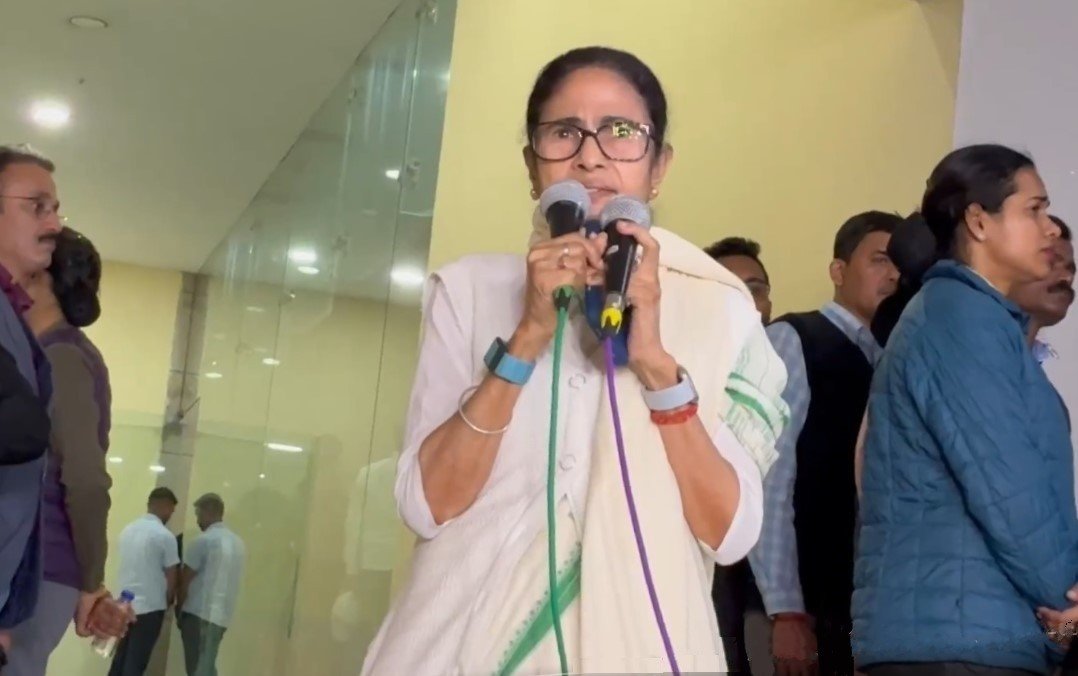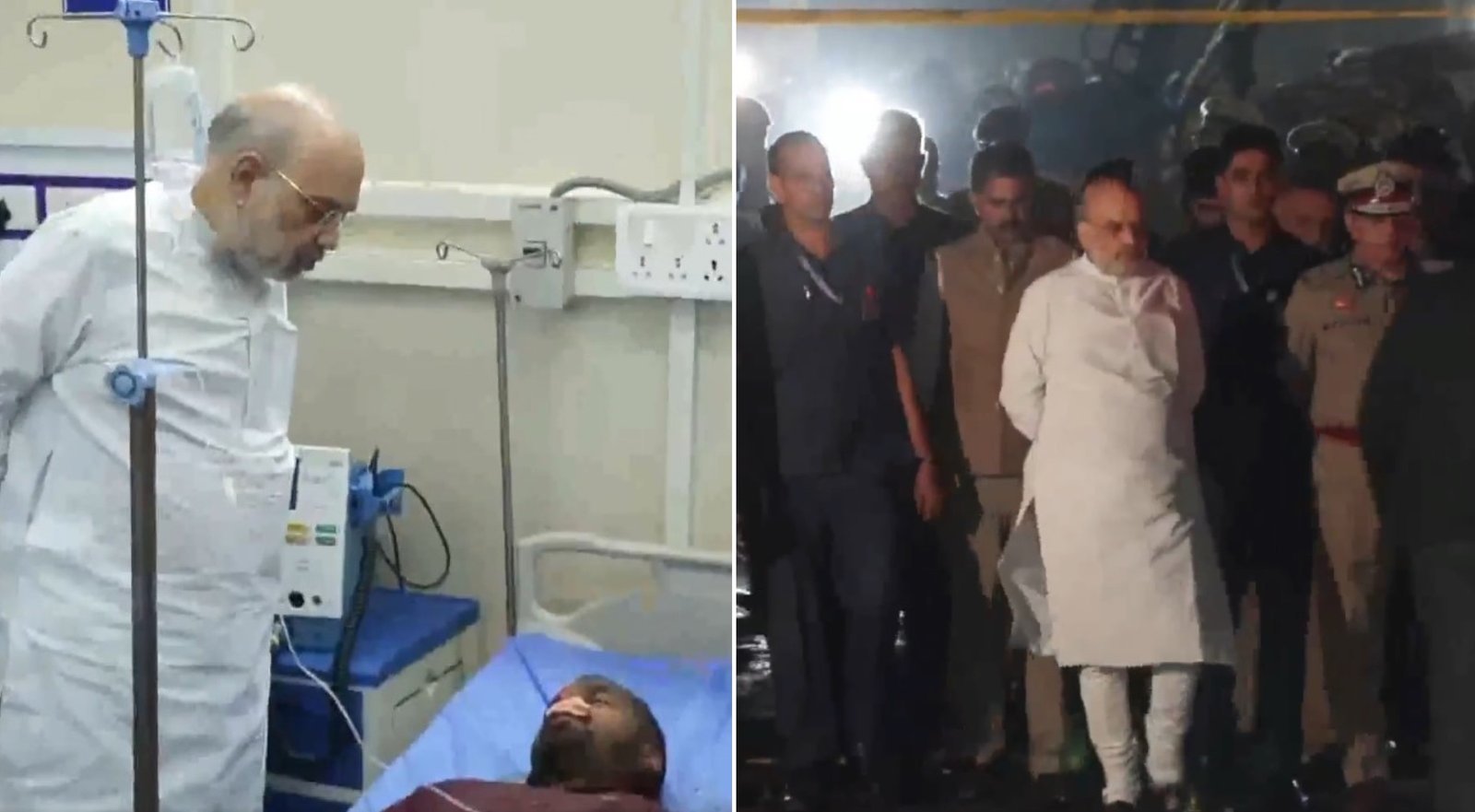Union approves 'Classical Language' status for Marathi, Pali, Prakrit, Assamese and Bengali
- EP News Service
- Oct 03, 2024

Major languages spoken in India
NEW DELHI: The Union government announced its decision to confer the status of "classical language" to five significant Indian languages, Marathi, Pali, Prakrit, Assamese, and Bengali. With this landmark decision which is seen as a major step toward recognizing and preserving India's rich linguistic heritage, the Republic of India now officially recognises 11 languages as the Classical languages of India.
Prime Minister Narendra Modi also posted about the decision on X on the cabinet decision and congratulated everyone. He also twitted individually for each language in its script. He posted in Marathi saying, "Marathi language is the pride of India. Congratulations to this unique language for attaining the status of a classic language. This honour is a tribute to the rich cultural contribution of the Marathi language in the history of our country. Marathi language has always been the pillar of Indian heritage. I am sure that getting the status of classical language will inspire many people to learn this language."
The criteria for the classification of a classical language necessitate certain requirements, which include that the language must have a high antiquity of its early texts/recorded history over a period of 1500-2000 years. Although the classical languages and literature may be distinct from their current form or discontinuous with their later forms or offshoots, knowledge texts - especially prose texts, in addition to poetry - epigraphical, and inscriptional evidence should be available.
Marathi, primarily spoken in the state of Maharashtra, has a rich literary tradition that dates back several centuries. Pali and Prakrit, ancient languages of India, are vital for understanding Buddhist and Jain texts, respectively. Assamese, the official language of Assam, boasts a diverse literary culture, while Bengali is renowned for its significant contributions to literature and the arts, being the language of celebrated poets like Rabindranath Tagore.
The decision has been met with widespread approval from various cultural and linguistic organizations, who view this as an essential recognition of the contributions these languages have made to Indian culture. By granting Classical Language status, the government aims to support the linguistic communities in their efforts to sustain and grow their languages, ensuring that future generations can appreciate and engage with their cultural heritage.











Reporter
Crisp, and to the point news coverage from India and around the world.
View Reporter News